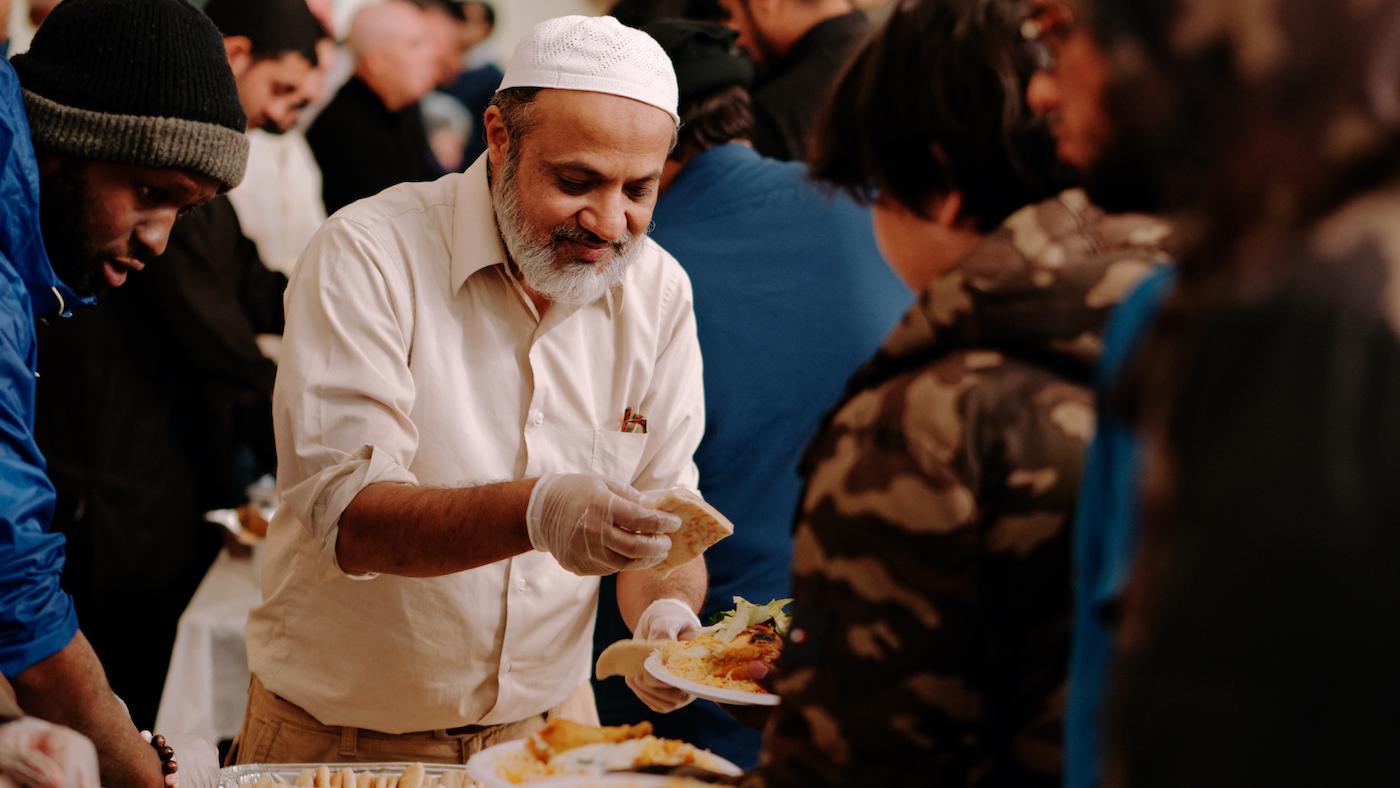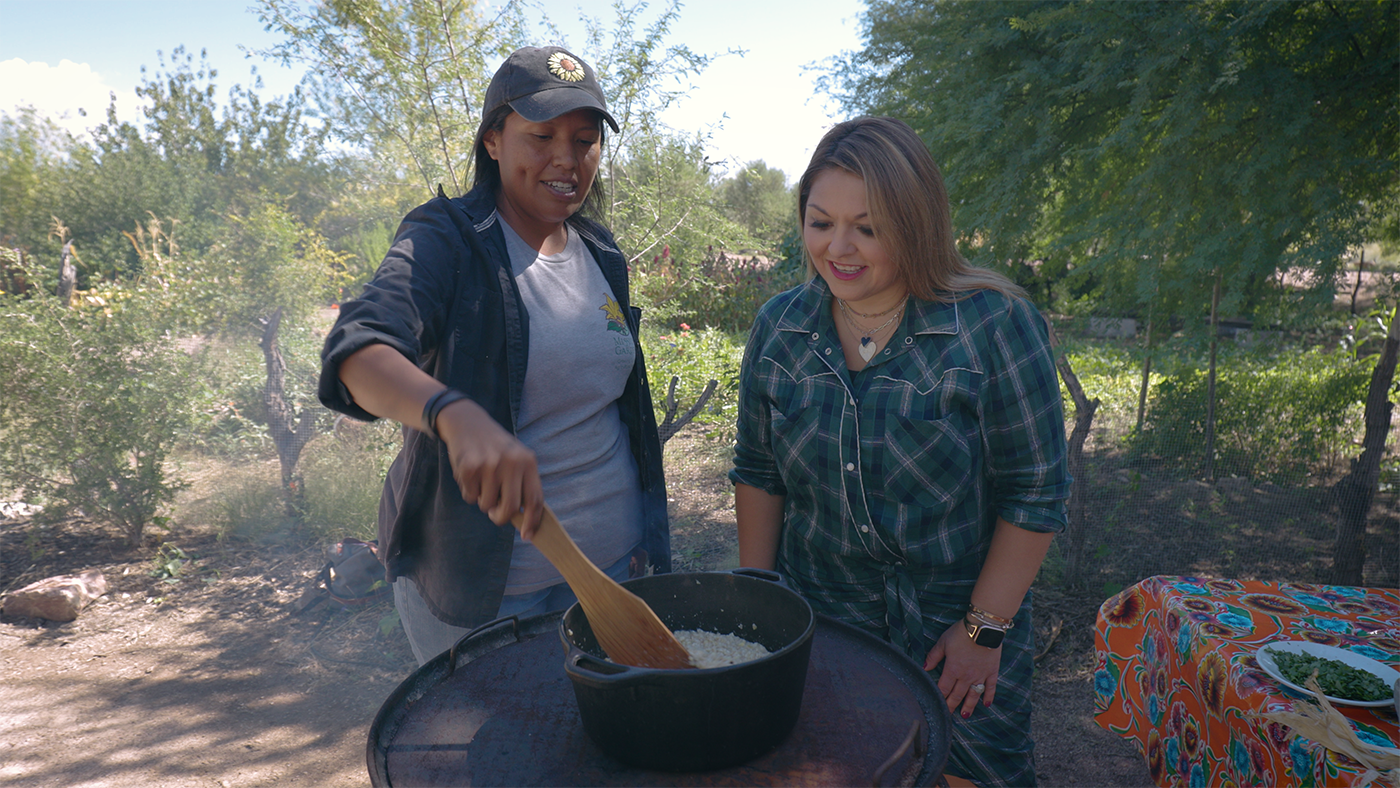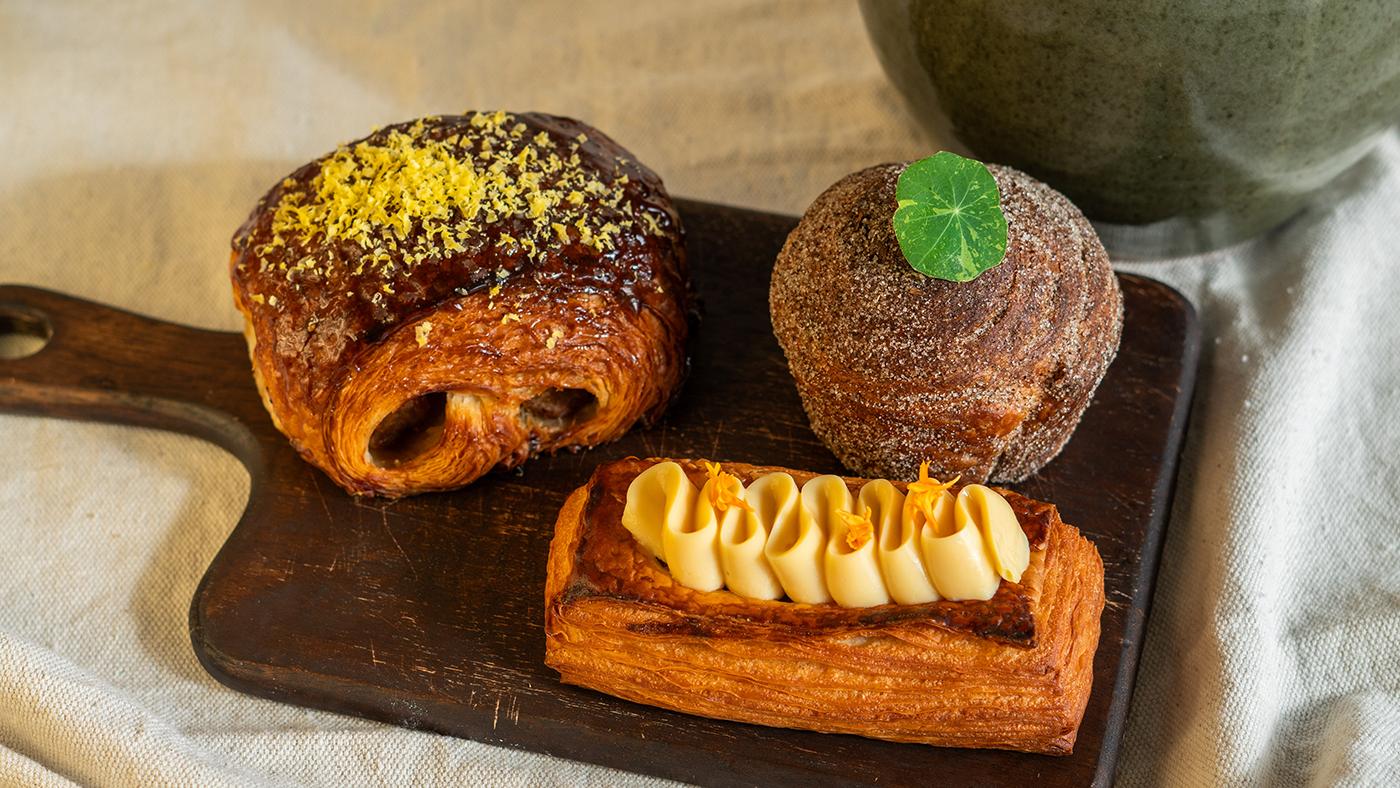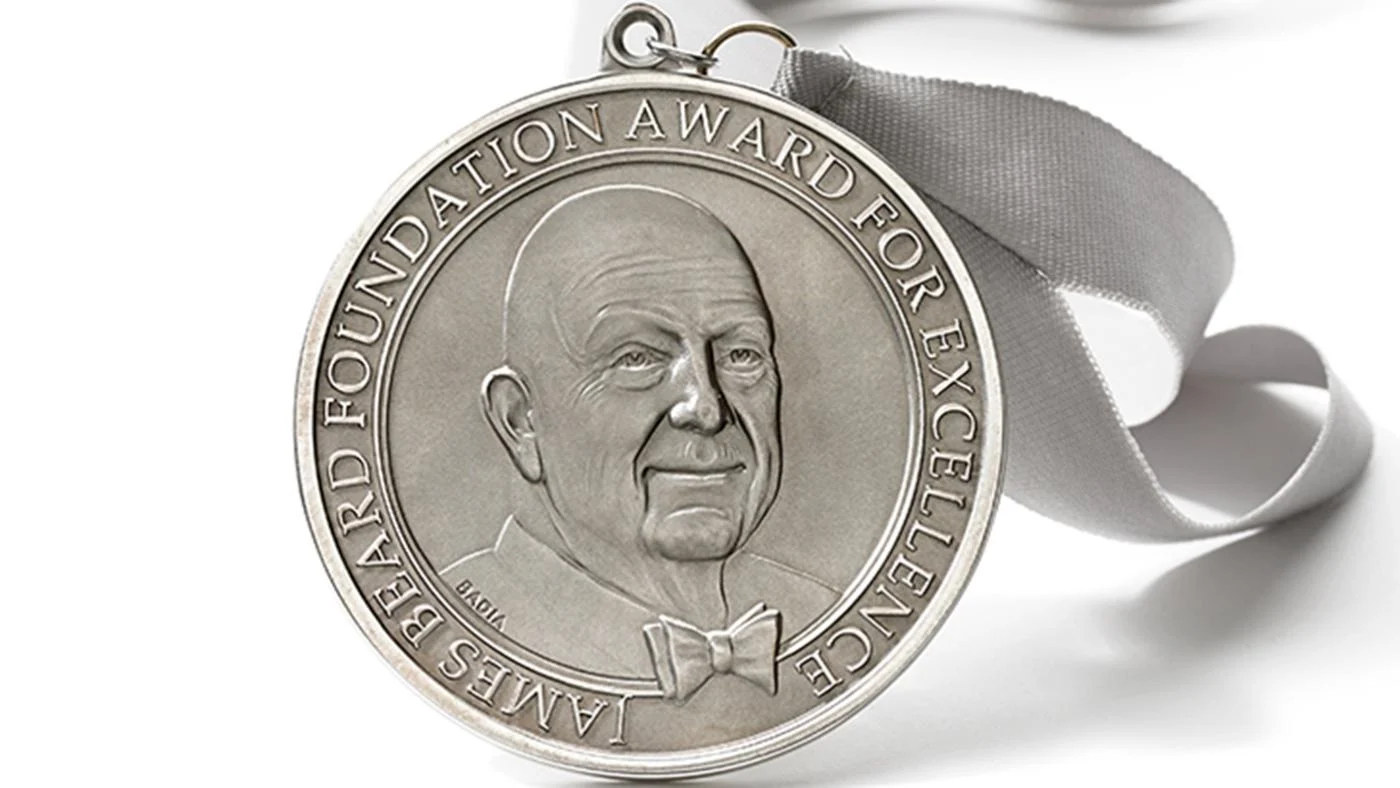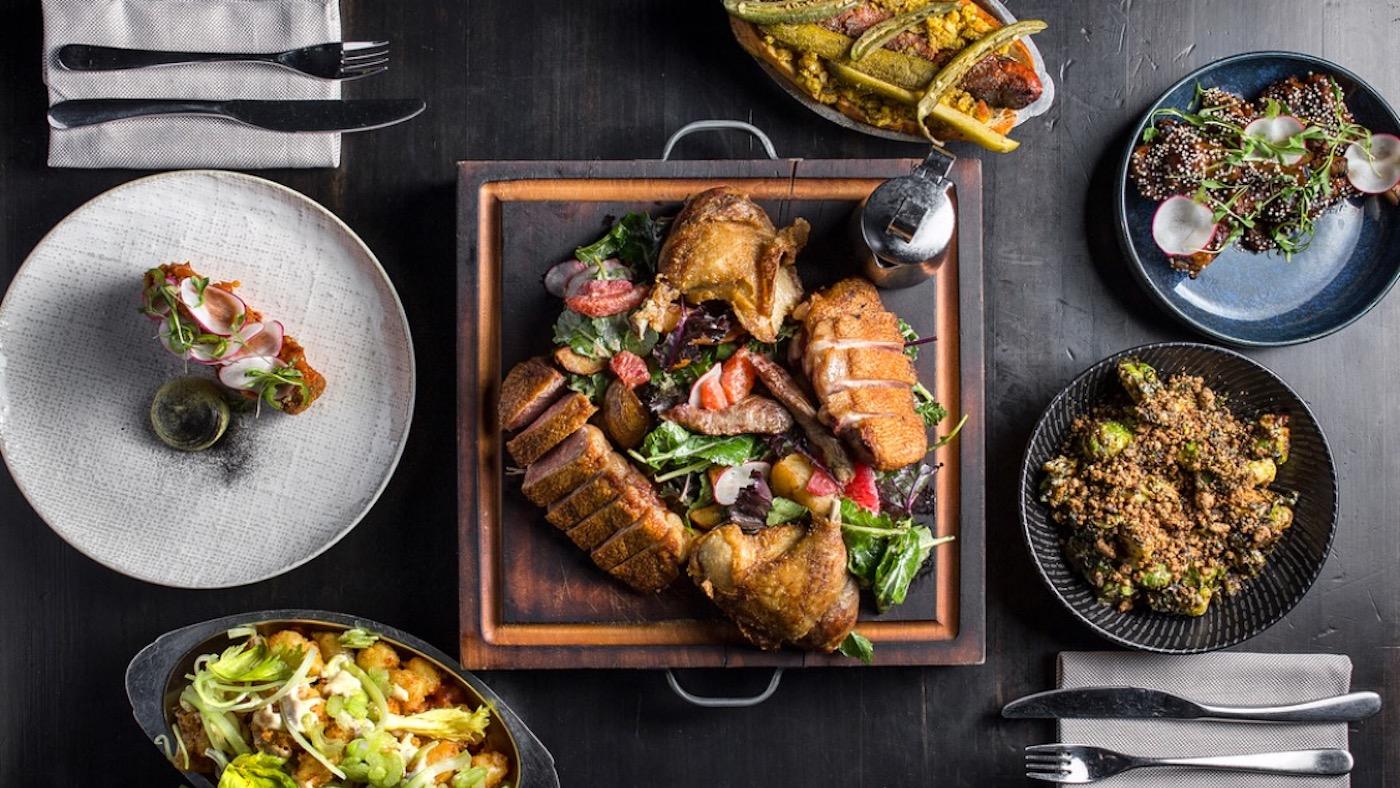Alpana Singh on One of the World's Toughest Exams
Daniel Hautzinger
October 24, 2019
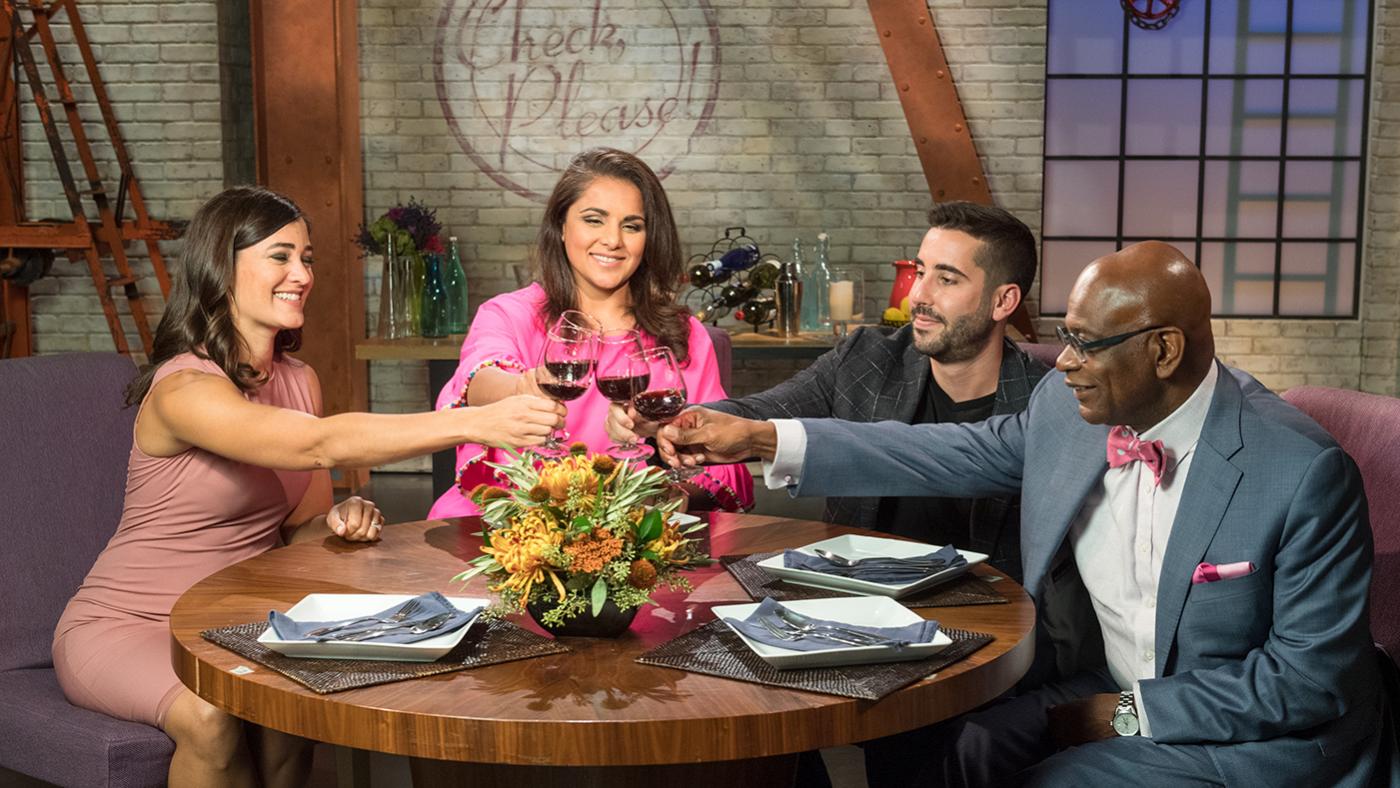
A new season of Check, Please! premiered Friday, October 25 at 8:00 pm.
More people have won a Nobel Prize than have passed the infamously challenging exam to become a Master Sommelier. Not only is Alpana Singh one of the only 269 people around the world and 28 women in the Americas who hold the title, she is the youngest woman to have ever passed the exam, at the age of 26 – right around the time she began hosting Check, Please! for the first time. (She returned as host last year.)
“A lot of my [fellow Master Sommeliers] are in competitive sports,” says Singh, who herself ran a marathon in 2014. “People are cyclists, people do marathons, triathlons, the Iron Man. Because it’s like, ‘What’s the next mountain I need to climb?’ You can’t find a lot of things that measure up to that high of going through the Master Sommelier program.” (On average, a Master also earns double their previous salary.)
Training to become a Master takes a lot longer than it does to train for a marathon or triathlon. Singh took seven years to go through the four exams – which are at an introductory, certified, advanced, and master level – and two required courses; she estimates that, today, it take people ten years on average. “You just study and you taste and you work on your service, and you basically put your head down and hit the books and form study groups,” Singh says.
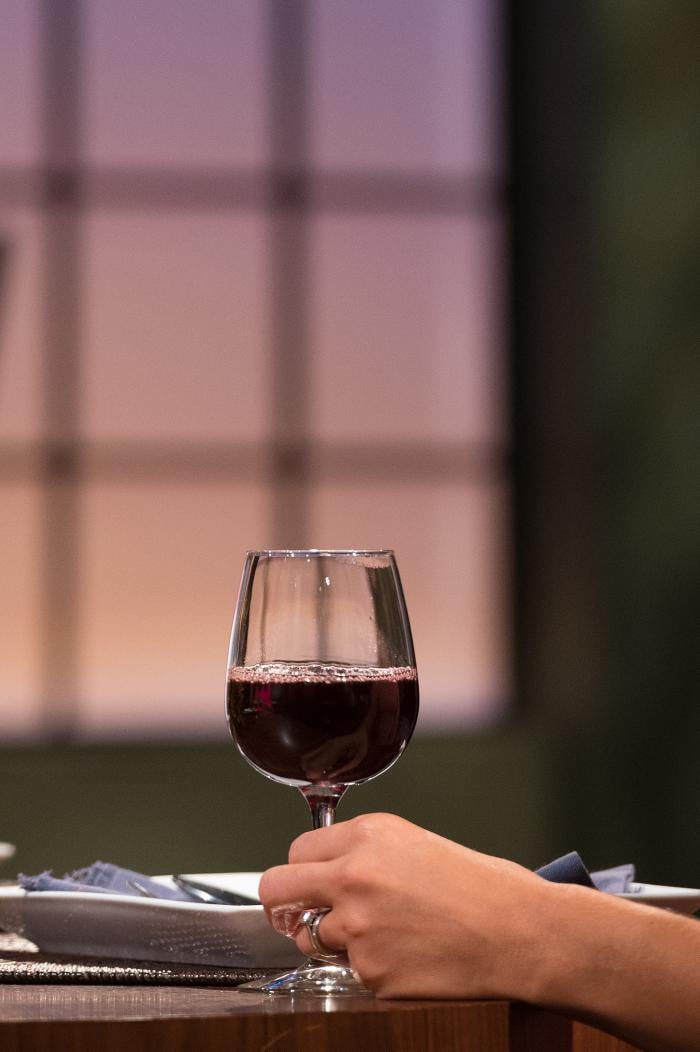 "Wine is the ultimate rabbit hole," says Singh. Photo: WTTW/Ken CarlThe Master exam itself consists of three parts: a theory examination, followed by a practical service portion and a blind tasting in which the candidate must identify the variety, origin, and vintage of six different wines. Many people require multiple attempts to pass all three portions.
"Wine is the ultimate rabbit hole," says Singh. Photo: WTTW/Ken CarlThe Master exam itself consists of three parts: a theory examination, followed by a practical service portion and a blind tasting in which the candidate must identify the variety, origin, and vintage of six different wines. Many people require multiple attempts to pass all three portions.
The difficulty and stress of the exam can be seen in the consternation over a controversial decision last year. In 2018, a record twenty-four people passed the exam, but all but one of them had their title rescinded after evidence emerged that one of the sommeliers proctoring the exam had leaked information about the blind tasting. Because it was impossible to know who had had access to this information in the insular world of high-level wine professionals, the Court of Master Sommeliers decided to strip the titles of everyone but the one person who had passed the tasting the previous year, offering everyone else a chance to retake the test. Not everyone retook the exam; only six people managed to win the title. But, as Eater noted, “this does not necessarily mean [those who didn’t pass a second time] cheated the first time. It is that difficult.”
“It really comes down to the type of person that’s attracted to this,” Singh explains. “My colleagues are a fascinating motley crew, but the tying theme amongst all of us is we’re incredibly curious people, and we love to go down rabbit holes. And wine is the ultimate rabbit hole. You could get stuck for ten years just studying soil. The learning never ends. When somebody says, ‘I know everything about wine,’ I think, ‘Well, you don’t know about wine, because you would know that you can’t know everything.’ ”
For instance, the world of wine has changed a lot in the almost two decades since Singh first was going through the sommelier program. “It’s just like in medicine,” Singh says. “If you’re taking your boards today versus taking your boards twenty years ago, there’s a lot more information that’s available now. You have to keep up with new emerging regions and wine regions changing their wine laws, and that’s why it’s so important for me to go back and proctor these exams, because it keeps me on my toes.”
Singh had just returned from proctoring an advanced exam in St. Louis, and she also tries to help others who are progressing through the exams. “Mentorship is very important because otherwise it’s like, ‘Where do I begin?’ Until you actually sit for the test, you don’t know what it’s like. I am a product of really good mentorship.
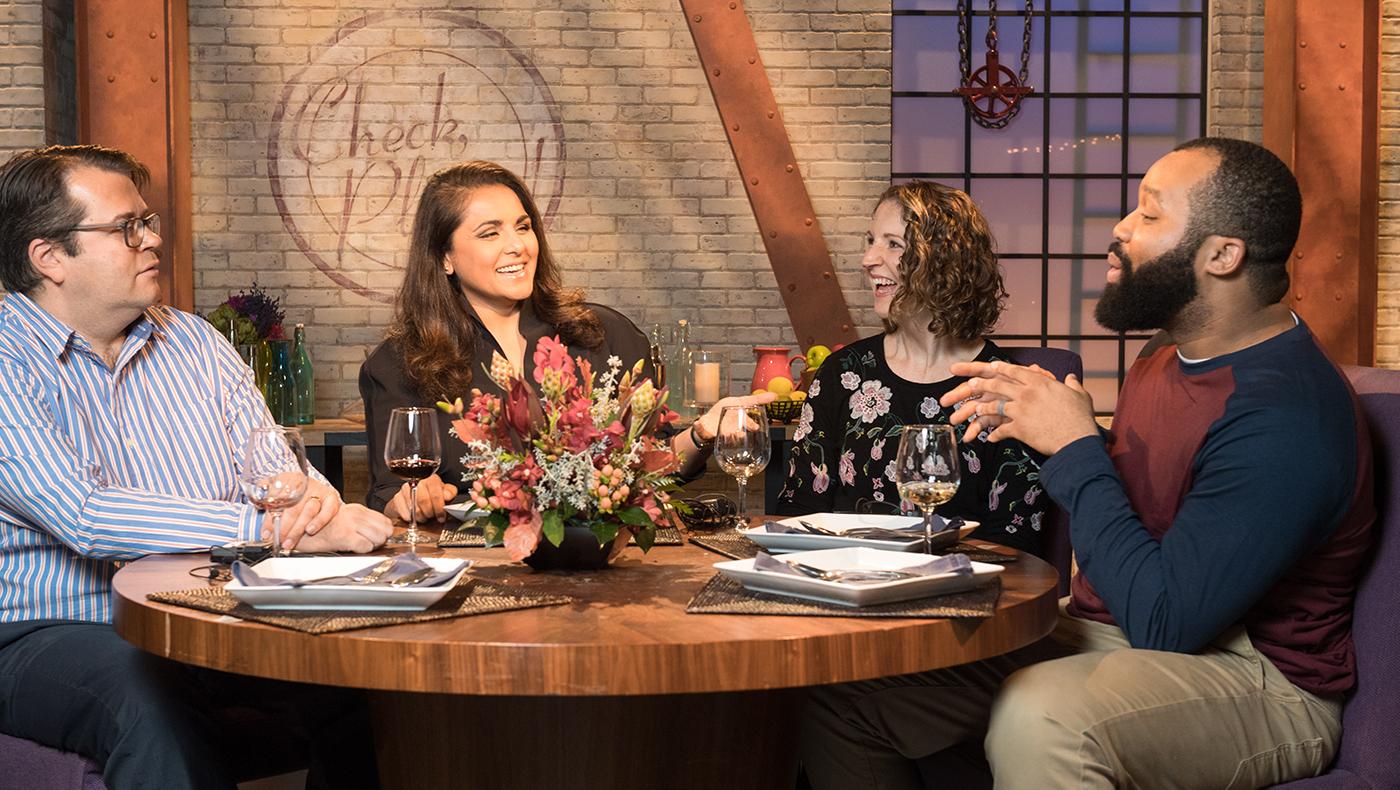 "A lot of this is in your head, and all it takes sometimes is just those words of encouragement," says Singh about the Master Sommelier exam. Photo: WTTW/Ken Carl
"A lot of this is in your head, and all it takes sometimes is just those words of encouragement," says Singh about the Master Sommelier exam. Photo: WTTW/Ken Carl
“I like to think my strength is sort of motivational,” she continues. “Because a lot of this is in your head, and all it takes sometimes is just those words of encouragement: I know you don’t want to come home and open the books if you just worked nine hours on the floor, you want to come home and watch Love Island. So I try to give them advice on how to make it more fascinating.”
Singh herself was working ten- to eleven-hour days as the sommelier at Chicago’s highly regarded Everest restaurant when she became an MS. She then became the director of wine and spirits for Lettuce Entertain You Enterprises before opening several of her own restaurants; she now owns one, Terra & Vine in Evanston.
Asked about Chicago area restaurants with intriguing wine programs, Singh brings up a perhaps unexpected choice. “I really have a lot of respect for what my colleague Emily Wines [another Master Sommelier] is doing at Cooper’s Hawk, because she and the company are taking wine – something that’s so intimidating for a lot of people – and their mission is to democratize it and just really focus on education in a way that’s not snobby. That way you get somebody excited, and then they just keep going.
“That’s the thing about wine: you’re always going to want to know the next thing.”


